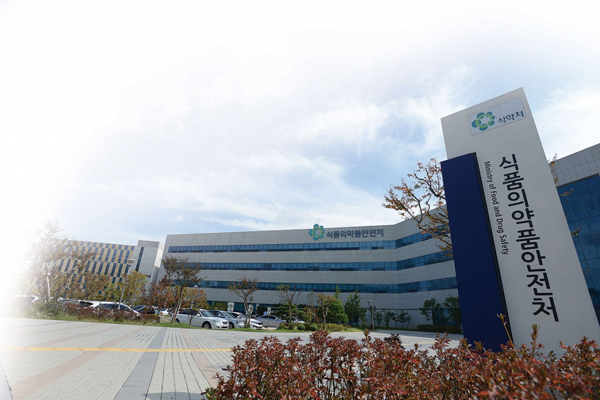Antidiabetic drugs of dipeptidyl peptidase-4 (DPP-4) inhibitor series will have to add bullous pemphigoid, a rare blistering disease, to their precautions label, the government said Friday.
The DPP-inhibitors subject to the new rule include Onglyza (ingredient: saxagliptin), Kombiglyze (ingredient: saxagliptin/metformin) and Qtern (ingredient: saxagliptin/dapagliflozin propanediol hydrate). The government will also reflect post-marketing surveillance (PMS) on the next approval change.

The Ministry of Food and Drug Safety made notice of changes in approval conditions of saxagliptin single agents, saxagliptin combination drugs, and oral tablet, and will collect the industry’s opinions until Oct. 31. Following the examples of Nesina, Trajenta and Galvusmet recently, Onglyza, an antidiabetic treatment developed by AstraZeneca Korea, will also add bullous pemphigoid to its precautions.
All these medications are DPP-4 inhibitors, which have had a series of post-marketing reports of bullous pemphigoid from patients who took them in and outside of Korea, which has also been reflected on approval conditions. Bullous pemphigoid, an autoimmune skin disease involving the formation of blisters under the epidermis, mainly occurs among the elderly.
The health authorities will also reflect PMS on the DPP-4 inhibitors, including Onglyza, on their next approval changes. In the case of Onglyza, the incidence rate of abnormal reports stood at 5.57 percent in the five-year PMS on 664 patients, according to the data submitted to the government for a review of the renewal of the license.
The PMS did not show any serious deviant drug events. Unexpected adverse drug reactions that may be related to the drug, such as indigestion, hyperglycemia, neuropathy, asthenia and heart failure, have been reported. Unexpected adverse drug reactions that cannot rule out causal relationship showed incidence rate of 1.05 percent.

